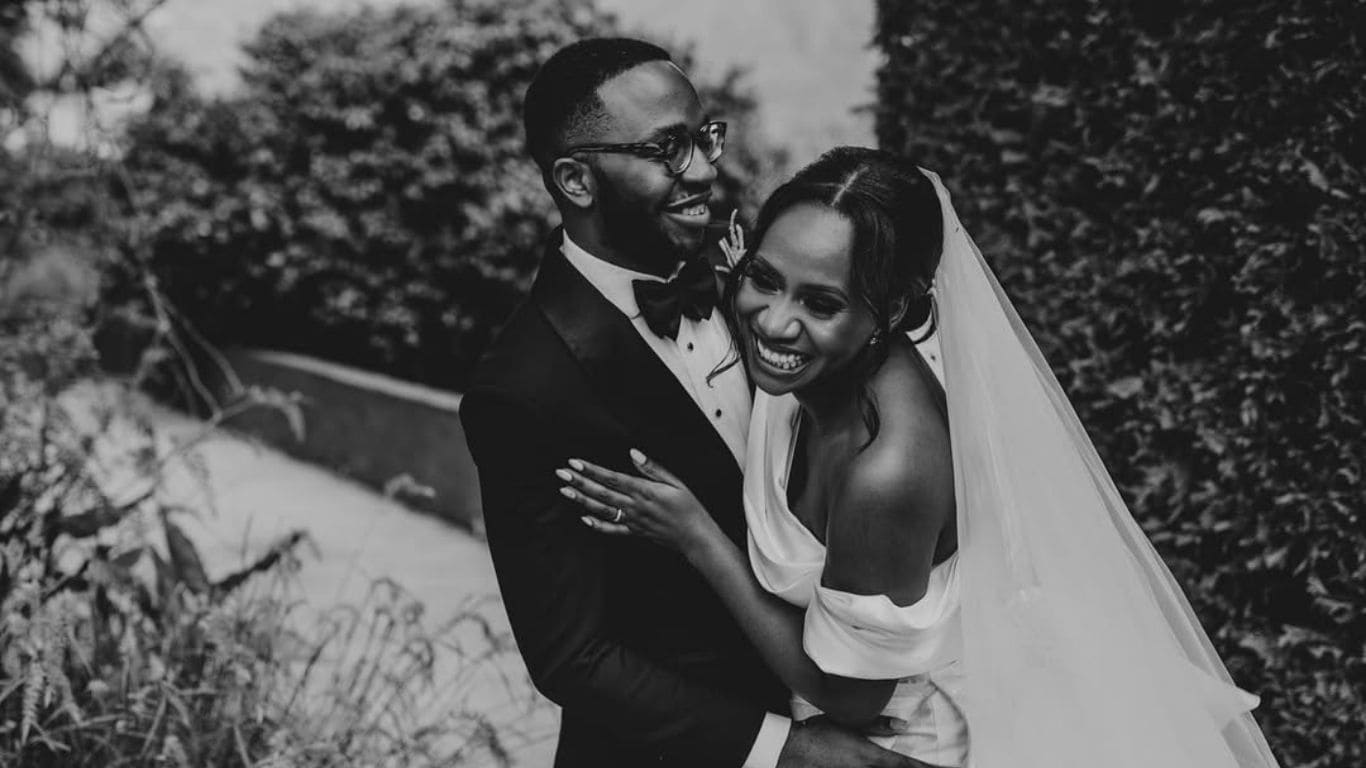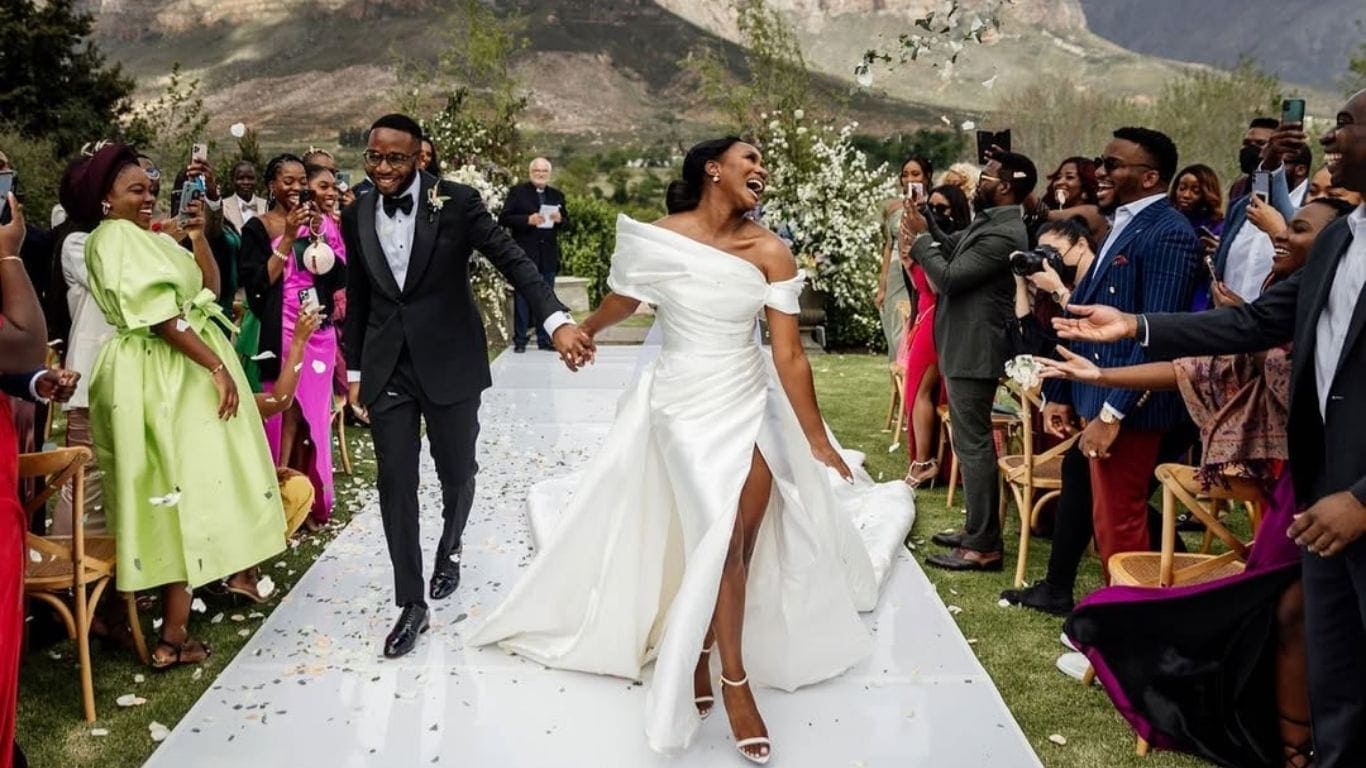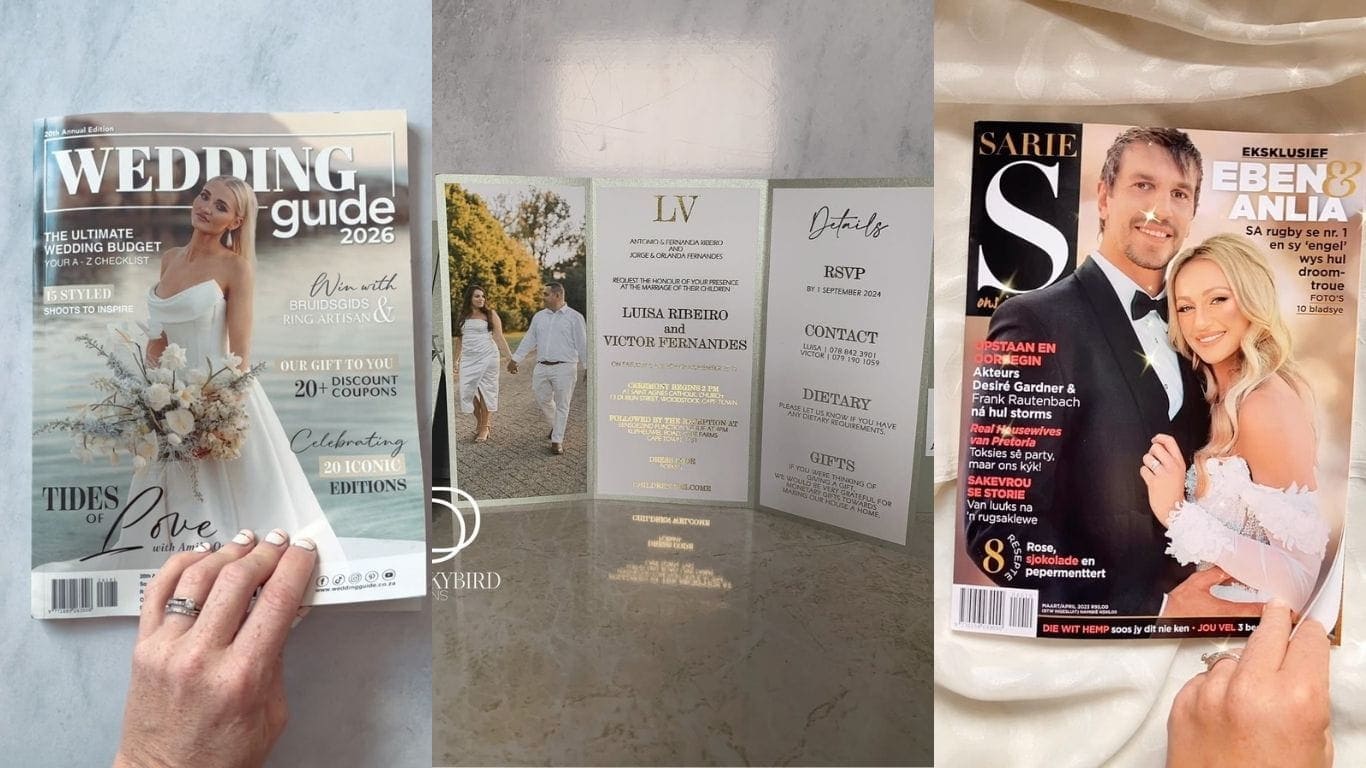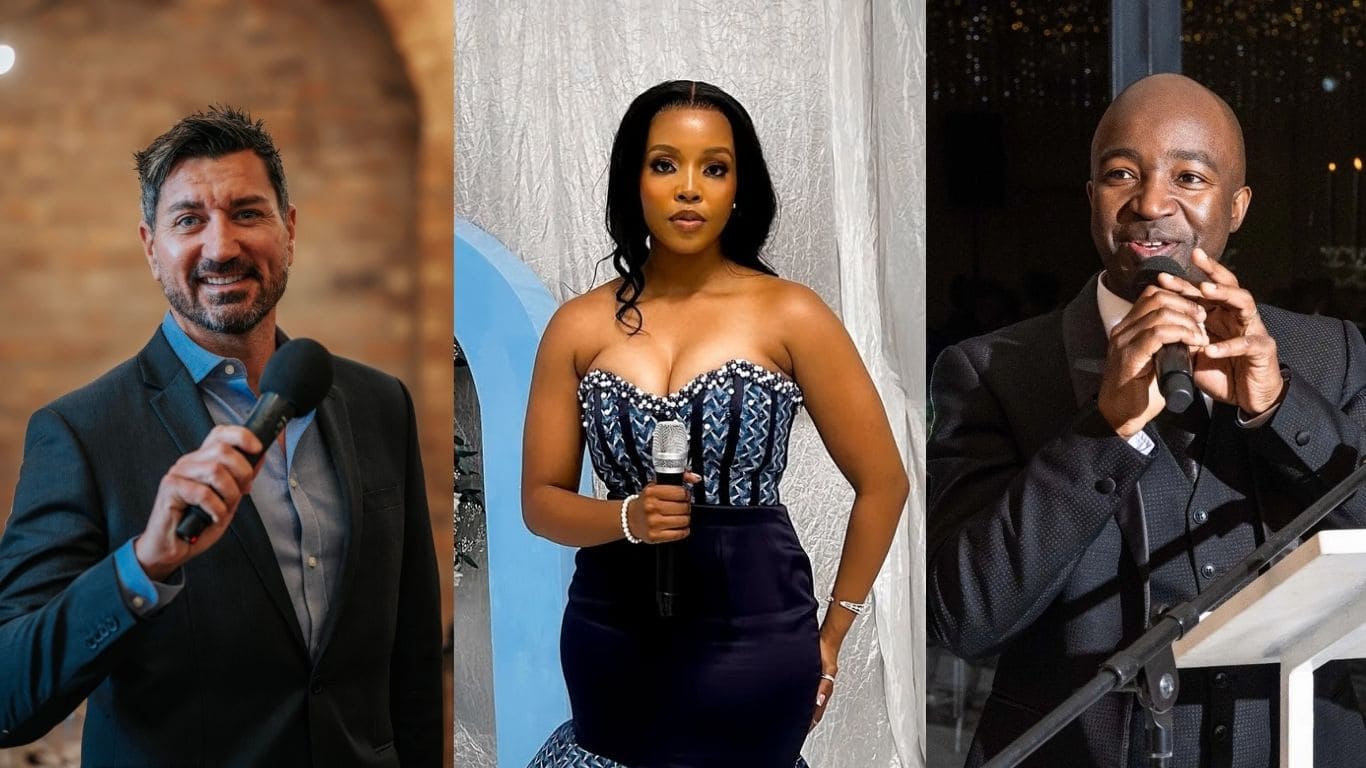There are three main types of wedding ceremonies in Africa: traditional/cultural, religious, and civil. Details explained.
Have you ever considered that wedding ceremonies in Africa have varied forms?
Having attended some opulent wedding ceremonies in Ghana, I have discovered that the most memorable weddings are the ones where the ceremony feels personal and distinctive.
Though some ceremonies require you to follow a script, there are ways to make your wedding feel special and unique.
We’re here to give you a rundown of the different types of marriage ceremonies to help you decide which one is right for you.
What are the various types of wedding ceremonies in Africa?

Image Source: BellaNaija
There are several forms of wedding ceremonies in Africa. Still, the truth is that the voyage itself is concentrated on the couple, with the events leading up to their union being only a fantastic beginning, making it an evidential element.
The main types of weddings encompass a variety of ceremonies based on cultural, traditional, religious, and civil/white factors. Keep reading for an in-depth explanation.
1. Cultural or Traditional Weddings
First and foremost, every wedding in Africa begins with a customary ceremony. For many couples, a traditional wedding is a way to honor family tradition.
A traditional wedding can provide an opportunity to pay homage to their cultural or religious heritage and to carry on traditions from previous generations.
Based on particular cultural traditions, these marriages combine customs, dress, ceremonies, and practices that are exclusive to a given country. They may include elaborate ceremonies, multi-day festivities, and significant rites that have been passed down through the years.

2. Civil Ceremonies
Shrugging away from the altars of temples and mosques, a civil ceremony dances in the embrace of our lands under the watchful eye of the law; a judge, justice of the peace, or county clerk, not a maritime captain, bestows the union’s sanctity here, despite rumors to the contrary.
It is up to you to decide where the sun kisses the earth this day, should your chosen sage grant permission. Each soil yields its codes, its sacred scrolls of vows (“Will you, Tracy, intertwine your fate with Austin’s…”), the exchanging of bands, and the proclamation of the union by the honored presider.
Look for the rites and codes in your selected plot of vows at the council of our county’s license agency, or communicate with their digital scrolls; there, the parchment of protocol reveals the way to your union’s legitimacy, past the beats of our tribal territories.
3. Religious Ceremonies
Even though all you need for a legal marriage is a civil ceremony, many people want their church or congregation to accept their marriage as well. A religious ceremony is led by a religious leader and combines state legal requirements with the customs, traditions, and laws of their faith. The wedding can be short and sweet or long and extravagant, but it usually follows a specific format established by the religion, whether it be Jewish, Catholic, Christian, Muslim, Hindu, Buddhist, Sikh, or another. The specifics may vary depending on the branch and, occasionally, the specific congregation.
You will probably need to attend multiple sessions of pre-wedding counseling with your officiant. A religious event can occur in a church, temple, mosque, or meeting room; some clergy will officiate at nonreligious sites.
Summary
- Religious Weddings:
- Based on certain religious practices and traditions.
- Held in a religious facility that aligns with the couple’s beliefs.
- Under the direction of vows, customs, and sacred texts unique to that faith.
- Weddings held in churches for Christians, Hindu temples for Hindus, Jewish synagogues for Jews, and mosques for Muslims are a few examples.
- Civil Weddings:
- Held in a building designated for legal ceremonies, such as a courtroom or government office.
- Conducted under the direction of a magistrate, judge, or justice of the peace.
- Prioritize following the law and following legal processes.
- Have little religious or traditional elements and place a strong emphasis on the couple’s legal union.
- Traditions:
- The exchange of presents, offerings, or performances of particular rites that stand for good fortune and wealth and the start of a new life together are examples of symbolic acts.
- Community leaders or elders frequently have important responsibilities for playing, such as providing the couple with direction and blessings.







